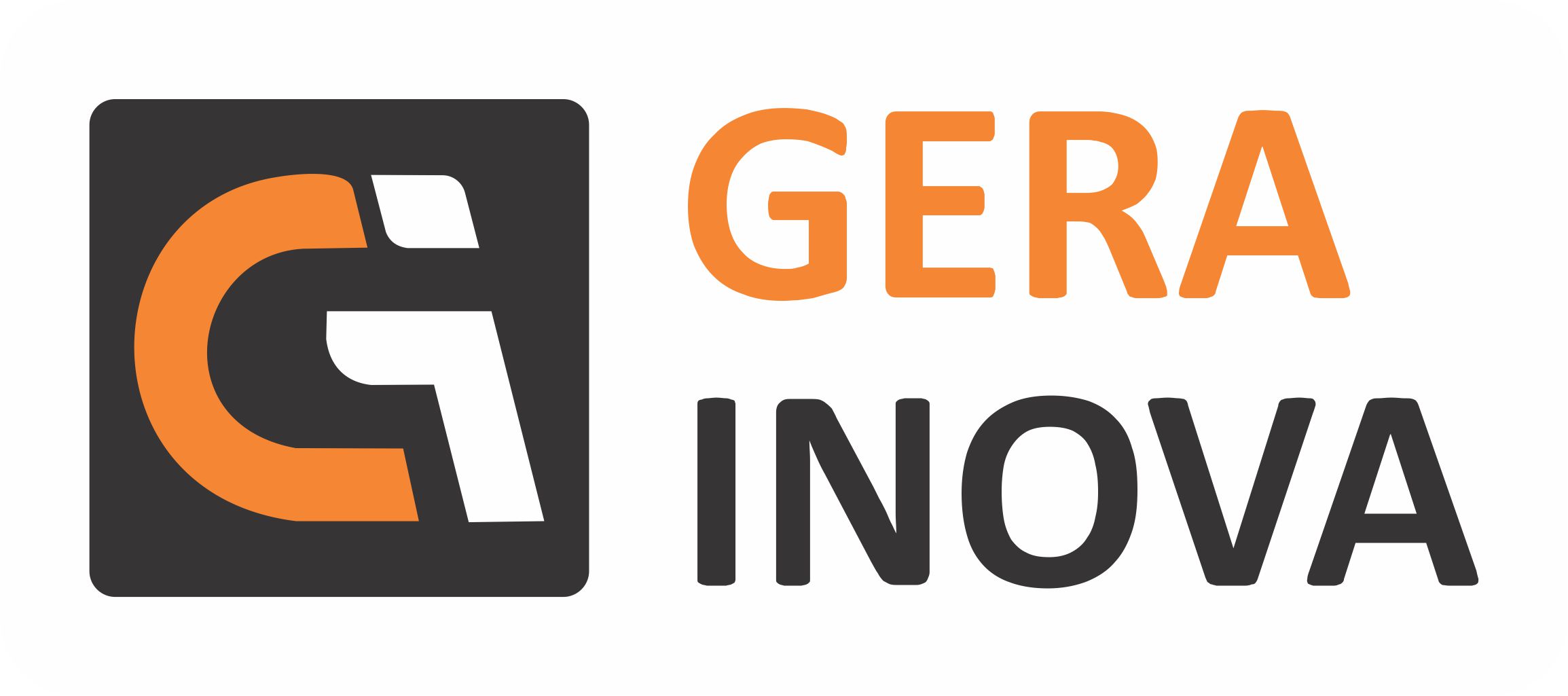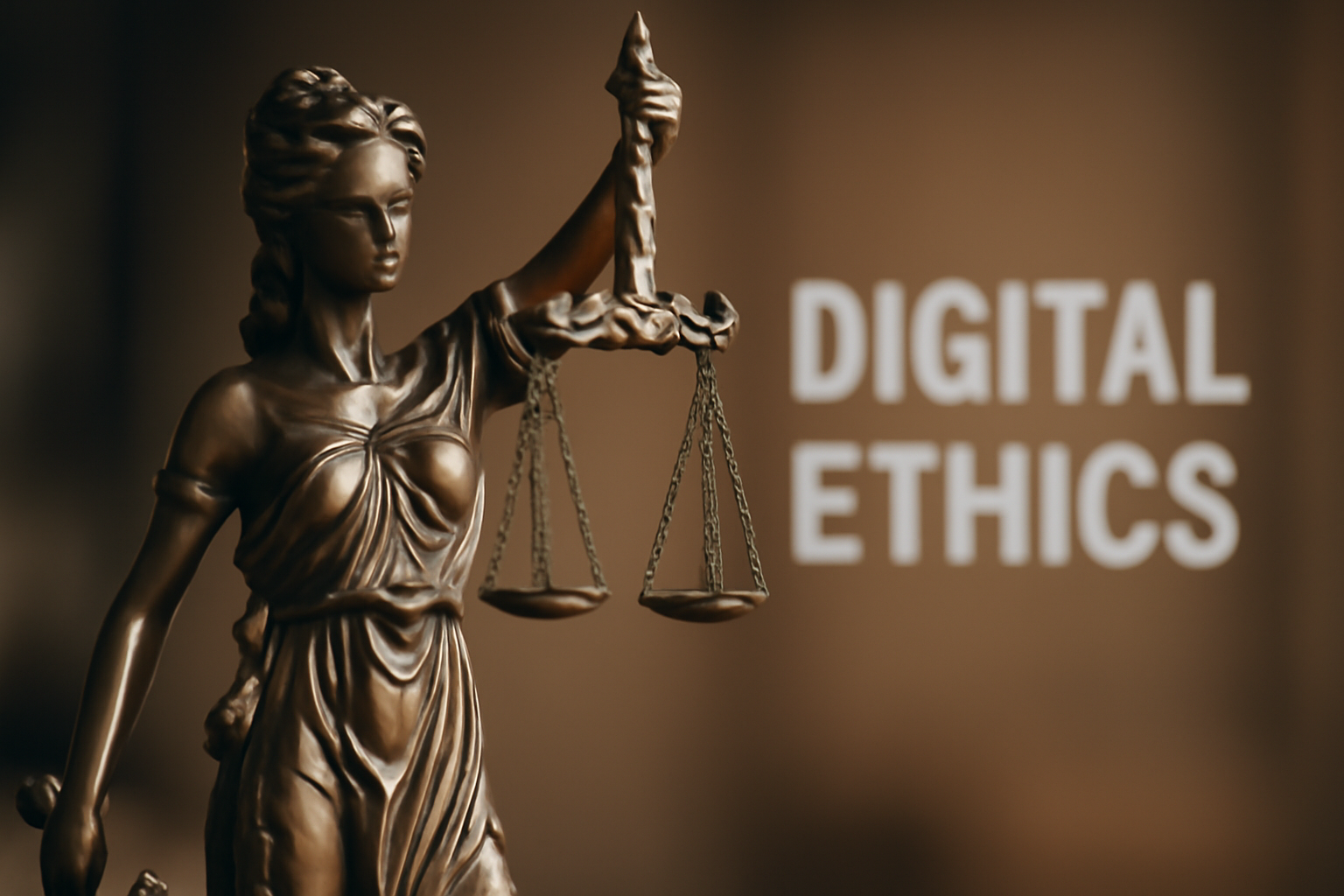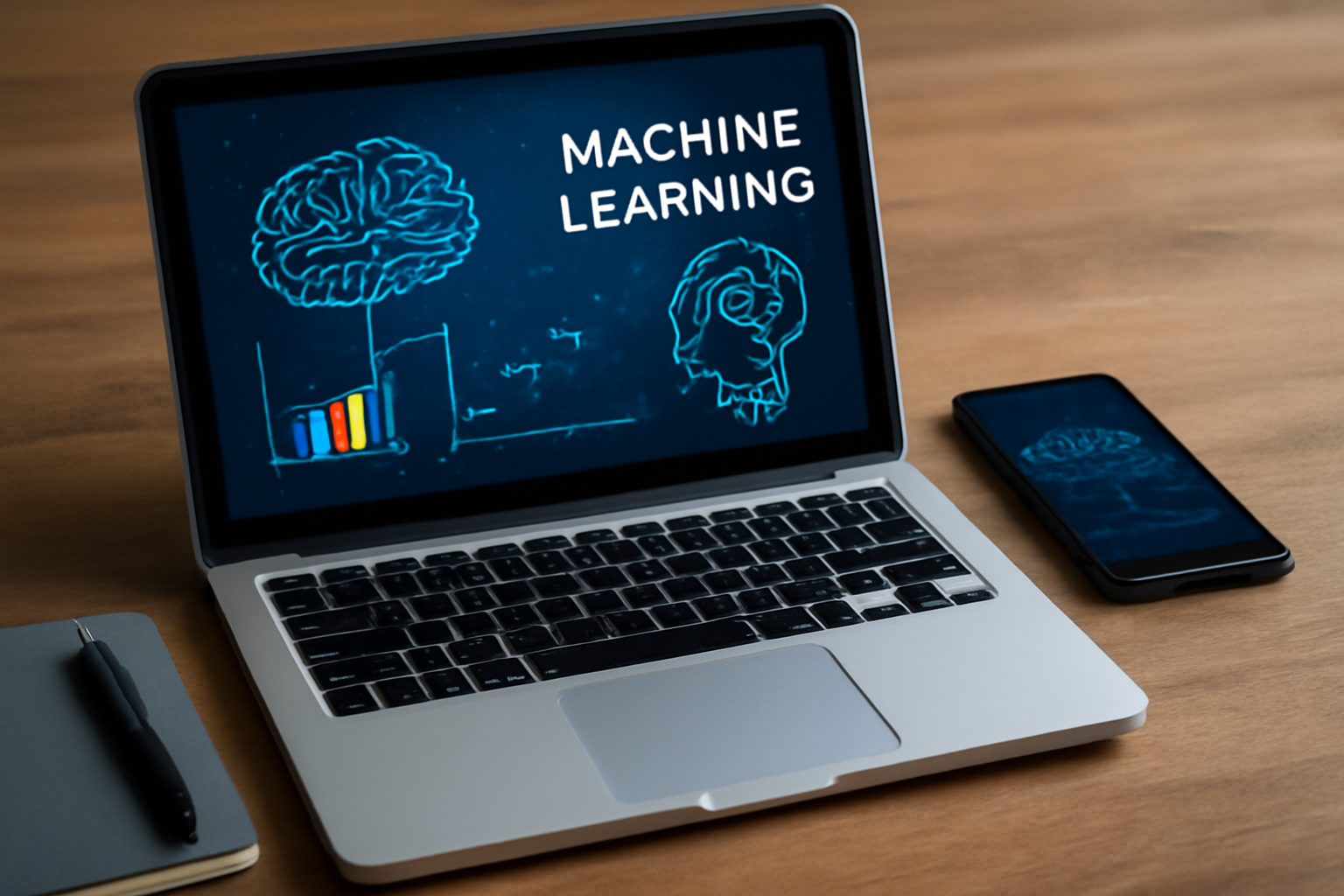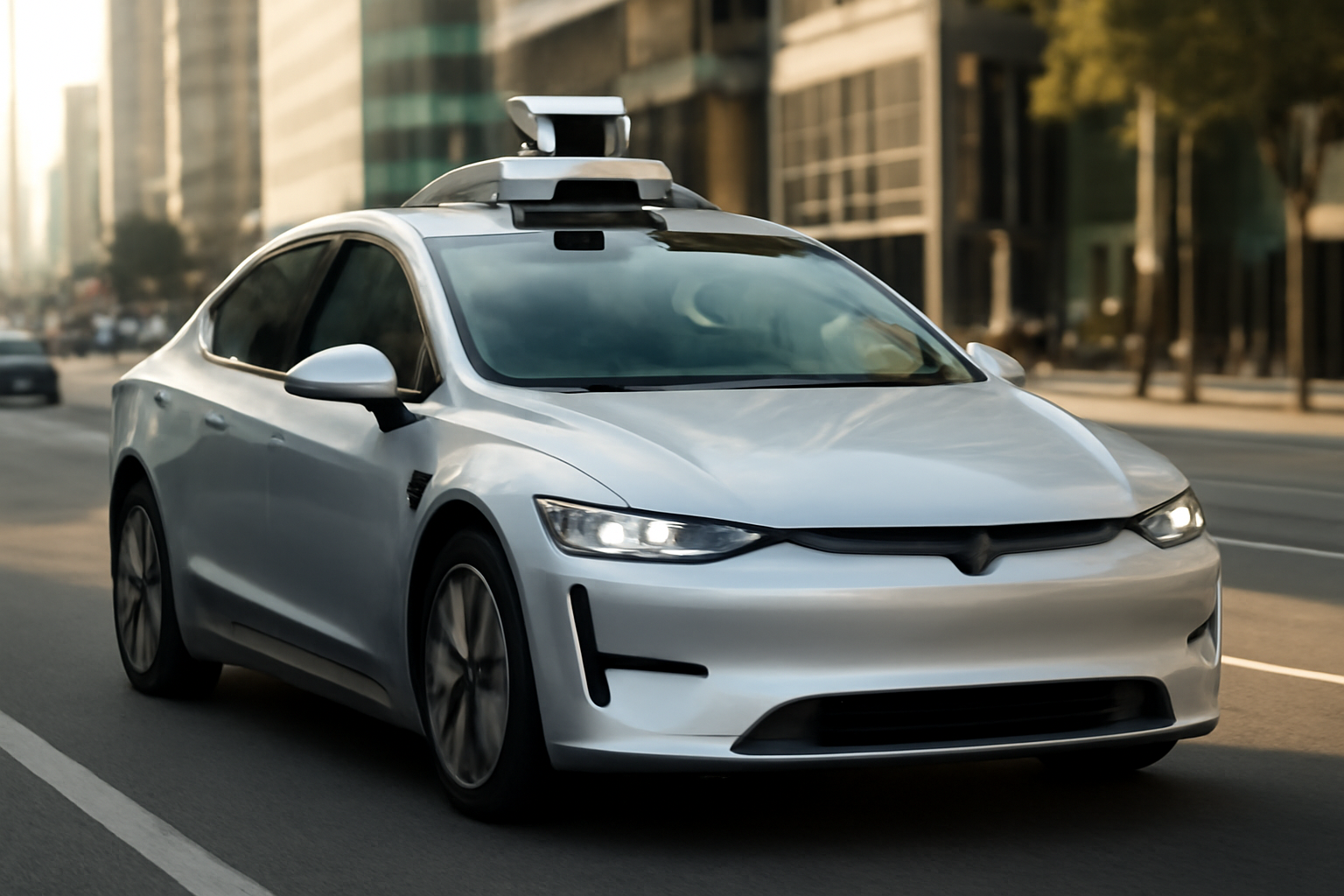As technology continues to permeate every aspect of our lives, from the way we communicate to how we conduct business, the ethical implications of digital advancements have never been more pressing. Digital ethics refers to the moral issues surrounding the use and impact of digital technologies, such as artificial intelligence (AI), social media, data privacy, cybersecurity, and automation. As these technologies evolve, so do the challenges in ensuring that they are used responsibly, ethically, and for the benefit of all.
In a world where digital transformation is accelerating at an unprecedented rate, the question of ethics has become crucial. How do we protect individual privacy in an era of surveillance? How do we ensure that artificial intelligence is not biased? And, perhaps most importantly, how do we balance innovation with responsibility? These are just a few of the pressing questions that digital ethics seeks to address. In this article, we will explore why digital ethics is an increasingly urgent issue and the steps that must be taken to ensure that the digital age evolves in a responsible, fair, and just way.
The Rise of Digital Technology and Its Ethical Implications
In the past few decades, digital technologies have reshaped our lives in profound ways. From the widespread adoption of smartphones to the emergence of the Internet of Things (IoT) and the rise of artificial intelligence, digital tools and platforms have fundamentally altered how we work, interact, and live. However, as these technologies become more integrated into society, new ethical challenges have emerged.
1. Data Privacy and Surveillance
One of the most urgent ethical issues in the digital age is the protection of personal data. As more individuals and organizations store and share sensitive information online, there are increasing concerns about how this data is used, who has access to it, and whether it is secure.
The rise of surveillance technologies—such as facial recognition, geolocation tracking, and data mining—has led to a new era of monitoring. While these technologies can be useful in areas like law enforcement and marketing, they also pose significant threats to privacy. Governments and companies are increasingly able to track our movements, habits, and behaviors, often without our consent.
Example: In 2020, it was revealed that several social media platforms were using sophisticated algorithms to track users’ online activities and serve targeted ads based on that information. While this may seem harmless on the surface, it raises significant questions about how much of our personal data is being collected and whether we have control over how it is used.
Why It’s Important:
- Loss of Privacy: As data collection becomes more pervasive, individuals may find their personal lives exposed without consent.
- Security Risks: The more data that is collected, the higher the risk of data breaches and unauthorized access to sensitive information.
- Trust Issues: The collection and use of personal data without transparency erode trust in both companies and governments.
2. AI and Algorithmic Bias
Another pressing ethical concern is the rise of artificial intelligence (AI) and machine learning algorithms. AI has the potential to revolutionize industries by automating tasks, providing insights from large datasets, and even enhancing decision-making processes. However, there is a growing concern about the bias inherent in many AI systems.
AI algorithms are often trained on data sets that may contain biases or reflect societal inequalities. As a result, AI systems can perpetuate or even exacerbate existing prejudices, whether in hiring practices, law enforcement, or healthcare.
Example: In 2018, an investigation revealed that facial recognition technology used by law enforcement agencies was disproportionately inaccurate in identifying people of color. This raises serious ethical concerns about the potential for discrimination and injustice, particularly when such technology is used in sensitive areas like criminal justice.
Why It’s Important:
- Social Inequality: AI systems that are biased against certain groups can perpetuate social and economic inequalities.
- Unintended Consequences: If not carefully managed, AI can make decisions that negatively impact individuals or communities based on flawed or incomplete data.
- Accountability: There are questions about who is responsible when AI makes harmful decisions—whether it’s the developers, the companies using the technology, or society as a whole.
The Role of Digital Ethics in Society
As the digital landscape continues to expand, the role of digital ethics becomes even more crucial. Digital ethics is not just about protecting privacy or preventing bias; it is about ensuring that all technological advancements align with human rights, fairness, and justice.
1. Ensuring Transparency and Accountability
Transparency and accountability are central principles in digital ethics. In order to build trust with consumers and the public, organizations must be transparent about how they collect and use data, how their algorithms work, and the decisions made by AI systems. Furthermore, it is essential that there is accountability when things go wrong.
Example: When Facebook faced backlash for the Cambridge Analytica scandal, it highlighted the lack of transparency in how the company handled user data. The controversy led to calls for stronger regulations and more accountability for tech companies when it comes to data privacy.
Why It’s Important:
- Informed Consent: People should have the ability to understand how their data is being used and make informed decisions about whether they want to share it.
- Public Trust: When companies operate transparently, they are more likely to earn the trust of their users, fostering long-term loyalty and reducing the risk of reputational damage.
- Ethical Responsibility: Accountability ensures that organizations are held responsible for unethical behavior or violations of privacy.
2. Promoting Inclusivity and Diversity
Digital ethics also involves ensuring that technology is developed and used in a way that is inclusive and accessible to all people, regardless of their background, socioeconomic status, or abilities. Technology should empower individuals and communities, not exclude or discriminate against them.
For example, the development of assistive technologies for people with disabilities has allowed many to live more independently. However, not all technologies are designed with inclusivity in mind. Some technologies may inadvertently exclude people who do not have access to the latest devices or high-speed internet.
Example: When designing websites and apps, companies are increasingly focused on creating accessible platforms that accommodate individuals with disabilities. This includes features such as screen readers, voice control, and easy navigation for those with physical or cognitive impairments.
Why It’s Important:
- Equal Opportunities: Technology should be used to level the playing field, not reinforce existing inequalities.
- Universal Access: Ensuring that digital tools and platforms are accessible helps create an inclusive society where everyone has the opportunity to participate in the digital economy.
- Ethical Development: Developers and companies have a responsibility to consider the broader societal impact of their products and ensure that they are not harmful or exclusionary.
How to Address Digital Ethics in the Future
As the digital landscape continues to evolve, addressing digital ethics requires collaboration between governments, organizations, tech developers, and consumers. Here are some key steps that can be taken to ensure a more ethical digital future:
1. Develop Clear Regulations and Standards
Governments and international organizations need to establish clear regulations and ethical standards for emerging technologies, particularly those involving data privacy, AI, and machine learning. These regulations should address issues such as data protection, transparency, algorithmic fairness, and accountability.
Example: The General Data Protection Regulation (GDPR) implemented by the European Union is an example of a comprehensive framework aimed at protecting personal data and ensuring privacy in the digital age.
2. Foster Ethical Awareness Among Developers
Tech companies and developers must prioritize ethics when designing new products and technologies. This includes conducting regular audits of AI systems for bias, ensuring transparency in data usage, and making inclusivity a core part of the development process.
Example: Google has created an internal AI ethics board to oversee the development of AI technology, ensuring that their products meet ethical standards and that potential risks are mitigated.
3. Empower Consumers with Knowledge
Educating consumers about their rights in the digital world and how to protect their privacy is crucial. As technology becomes more integrated into daily life, individuals must be aware of how their data is used and how to safeguard their online presence.
Example: Digital literacy programs that teach people how to identify misinformation, secure their personal information, and understand the ethical implications of digital tools can empower users to make informed decisions.
Conclusion
Digital ethics is no longer a niche or secondary issue; it is a fundamental aspect of our increasingly digital lives. As technology continues to evolve, it is essential that we consider its ethical implications, both in terms of how it affects individuals and society as a whole. By addressing issues such as data privacy, AI bias, inclusivity, and accountability, we can ensure that the digital age unfolds in a way that is fair, transparent, and respectful of human rights.
The urgency of digital ethics cannot be overstated. As technology becomes more powerful, its potential for harm increases. However, with thoughtful consideration, regulation, and collaboration, we can shape a future where technology enhances lives without compromising our values. The time to act is now, and the responsibility lies with all of us—governments, businesses, developers, and consumers alike.


















